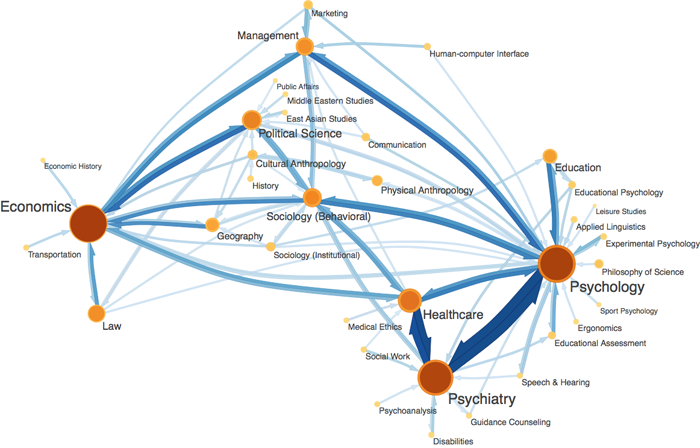ethics
Ends and Means
I call it “pulling a Cameron,” in reference not to the present British Prime Minister, but to the broadcaster Deborah Cameron who handles the morning slot on Sydney’s ABC Radio 702.
A common refrain a few minutes in to her maddeningly predictable morning routine of following the happenings of the first several pages of the Sydney Morning Herald is to enquire of some expert or other: “what are we doing to prevent X from ever happening again?”
 And by “X” I mean whatever undesirable event has appeared on the front pages, whether that’s a case of callous bullying in our schools, a death by accident or some other unsavoury turn of events.
And by “X” I mean whatever undesirable event has appeared on the front pages, whether that’s a case of callous bullying in our schools, a death by accident or some other unsavoury turn of events.
One recent example was the tragic death of a young university student at a rural college after being thrown from an ex-racing horse that was being used to train horse riding skills. The horse was deemed safe for students yet it possessed a fierce distemper that flared on that day, throwing the student
The question posed by Cameron, seemingly predictable and justifiable in the circumstances, was along the lines of: “what are we doing to prevent more deaths of students during riding training?”
The presumption is that the outcome is unacceptable so, clearly, our current process that led to this outcome must be deficient.
Yet that’s a presumption that is unfortunately as fallacious as it is common.
For we chase outcomes on an ad hoc basis at the risk of employing processes that undermine our very intentions to produce better outcomes. In short: we focus myopically on each good or bad outcome at the danger of forgetting that it’s good processes that are of primary importance.
And even a good process – nay, the optimal process – can result in bad outcomes from time to time.


